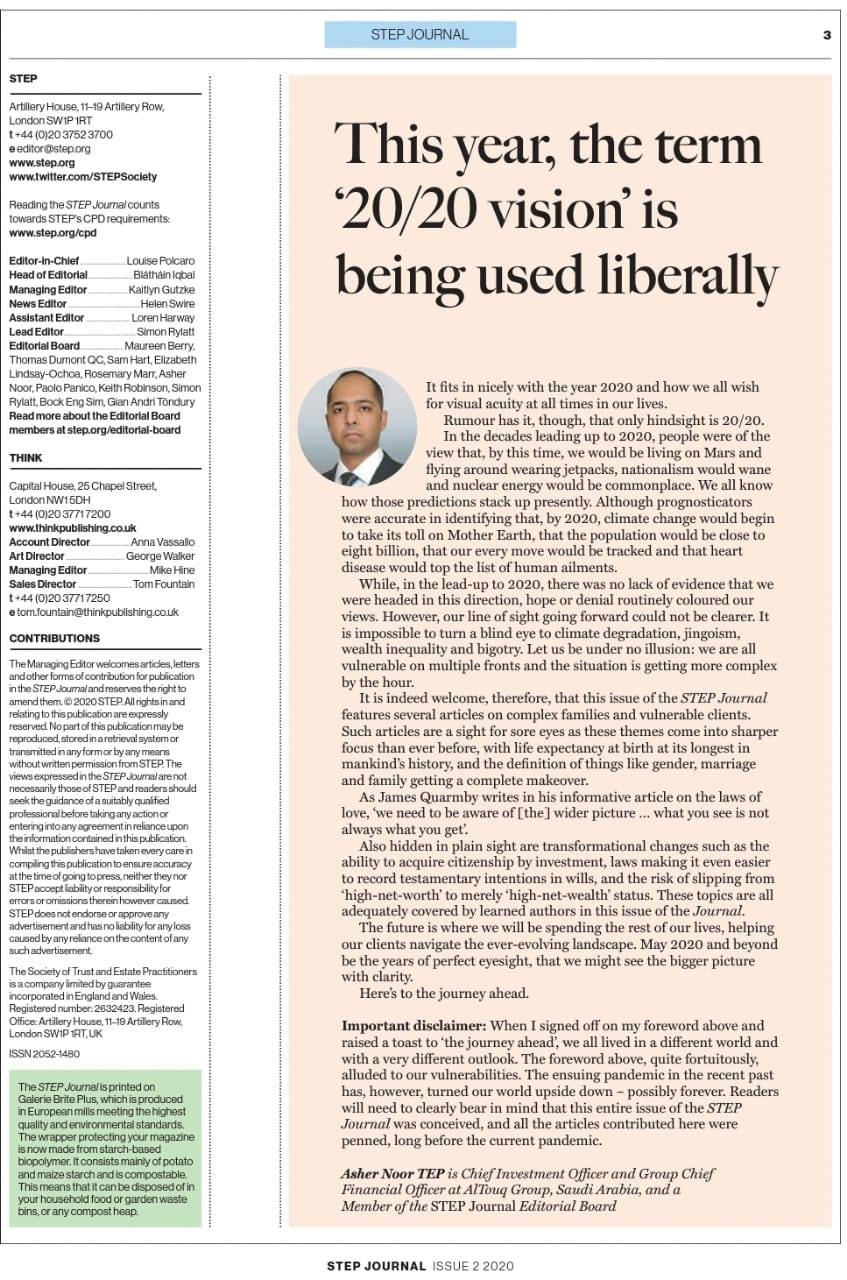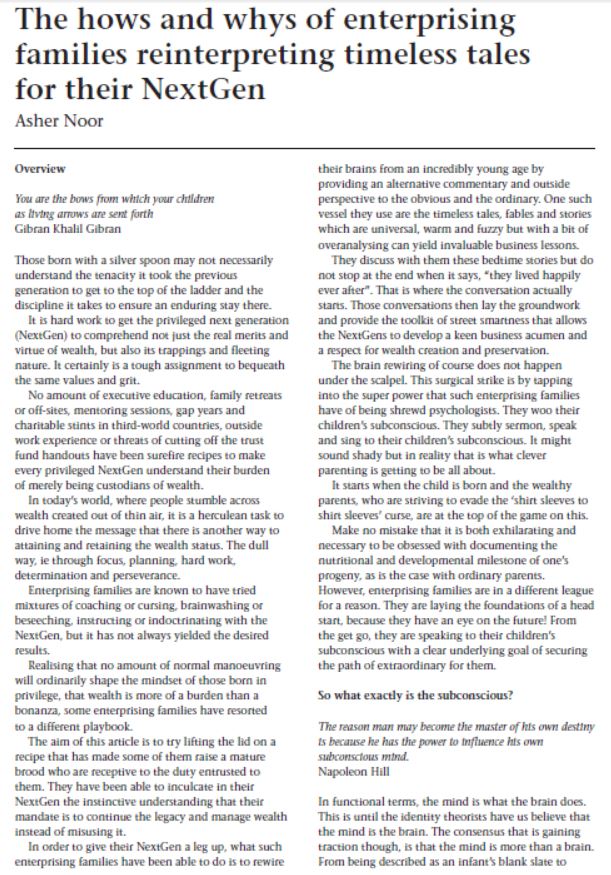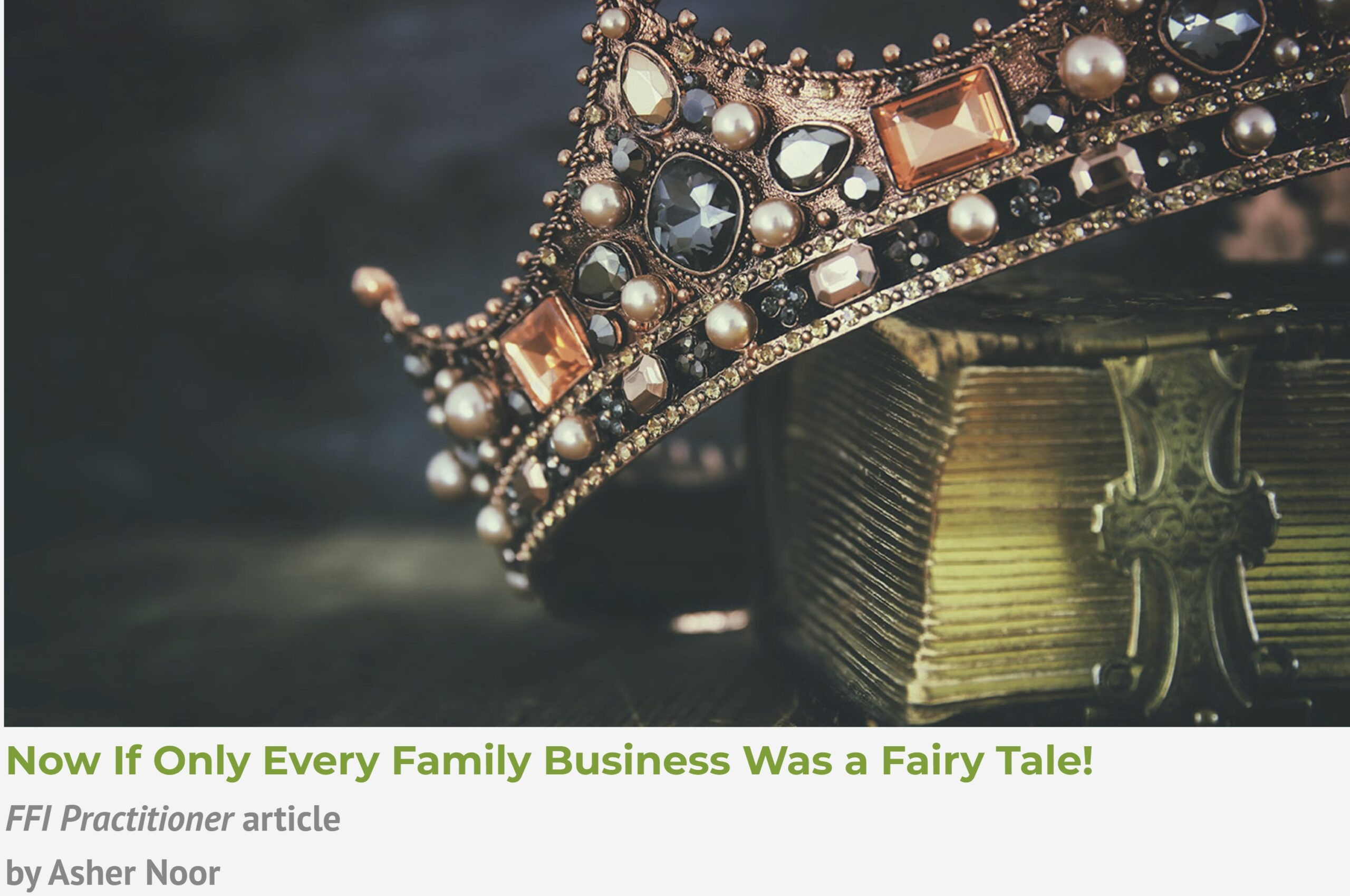This year the 20-20 vision term is being used liberally. It rings in nicely with the year 2020 and how we all wish for visual acuity at all time in our lives. Rumor has it though, that it is only hindsight that is 20/20.
In the decades leading up to 2020, people were of the view that we would be living on Mars, flying around in jetpacks, nationalism would wane and nuclear energy will be commonplace. We all know where those predictions stack up presently. Prognosticators were close though, in identifying that by 2020, climate change will begin to take its toll on mother earth, population will be close to 8 billion people, our every move will be tracked and that heart disease will top the list of human ailments.
While in the lead-up to 2020 there has been evidence in plain sight to all that came about; hope or denial routinely colored our views. However, the line of sight going forward cannot be clearer. It is impossible to turn a blind eye to climate degradation, jingoism, wealth inequality and bigotry, which is having the blind lead the blind. Let us be under no illusion that we are all vulnerable on multiple fronts and the situation is getting complex by the hour.
It is indeed a welcome sight thus, that this issue of the STEP Journal has several articles on complex families and vulnerable clients. Such articles are a sight for sore eyes as these themes come into sharper focus than ever before, on the back of life expectancy at birth now longer than ever in the history of the mankind and definition of belief’s like gender, marriage and family getting a complete makeover.
As James Quarmby writes in his informative article in this issue on “The laws of love”, “we need to be aware of the wider picture” and “what you see in not what you always get.”
Hidden in plain sight, are also transformational changes such as the ability to acquire citizenship by investment, laws making it even more easier to record testamentary intentions in wills and the risk of slipping from a ‘high net worth’ to merely a ‘high net wealth’ status – topics which are all adequately covered by learned authors, in this issue of the STEP Journal.
Since future is where we will be spending the rest of our lives helping clients navigate the ever-evolving landscape, may 2020 and beyond be the years where we have a perfect eyesight and can see the big picture.
Here is to the journey ahead!
Important disclaimer: When I signed off on my foreword above and raised a toast to ‘the journey ahead’, we all lived in a different world and with a very different outlook. The foreword above, quite fortuitously, alluded to our vulnerabilities. The ensuing pandemic in the recent past has, however, turned our world upside down – possibly forever. Readers will need to clearly bear in mind that this entire issue of the STEP Journal was conceived, and all the articles contributed here were penned, long before the current pandemic.
This foreword by Asher Noor, was first published in the STEP Journal UK.




